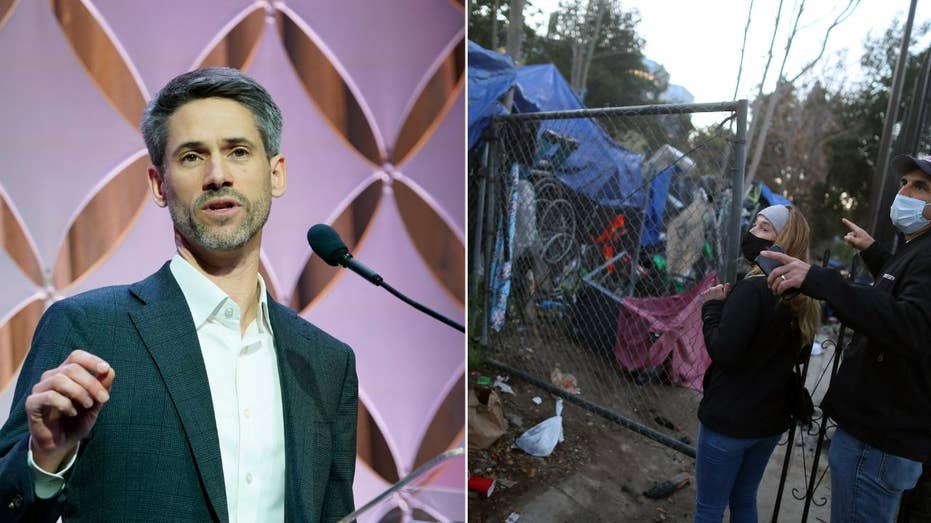San Jose Mayor Pushes Plan to Jail Homeless Who Refuse Housing Three Times

Sarah Johnson
April 24, 2025
Brief
San Jose Mayor Matt Mahan proposes jail time for homeless individuals who refuse housing three times, sparking debate over accountability, addiction, mental health, and California's homelessness policies.
San Jose's mayor has just thrown down the gauntlet on the city’s homelessness crisis, proposing that people who refuse housing services three times should face jail time. Mayor Matt Mahan, who’s clearly had enough, says the current approach is letting too many slip through the cracks—especially those struggling with addiction and mental illness. According to Mahan, "We're sentencing people to die on the streets," which is, frankly, not the kind of sentencing anyone wants to hear about in the Golden State.
The proposal comes as California's governor, Gavin Newsom, has been putting more pressure on local officials to clean up homeless encampments. In San Jose alone, about 6,000 people are without homes—a shocking number for a city that’s supposed to be the tech capital of the world. Mahan floated this idea after noticing that some folks just aren’t taking up the city’s offers of housing—even when the options are, as he puts it, pretty nicely designed.
Recent research out of UCSF’s Benioff Homelessness and Housing Initiative backs up the mayor’s concerns: 37% of California’s homeless population regularly use illicit drugs, almost half have complex behavioral health needs, and a staggering 66% have some kind of mental health challenge. It’s a trifecta of issues that makes finding a simple fix basically impossible.
Mahan’s stance is that, "Camping can't be a choice when we're offering housing." He argues that for those too deep in addiction to accept shelter, there needs to be some kind of accountability—cue the threat of jail time. He believes it’s "the threat of consequence, the intervention, the disruption of the pattern" that might finally break the cycle for some.
This is not exactly a mainstream Democratic move, but a recent poll found that 37% of voters—and some experts—support arresting homeless people who refuse shelter. In fact, after a Supreme Court decision gave cities more power to ban public camping, San Francisco and Sacramento have already started arresting more people over illegal encampments.
On the flip side, some California lawmakers are working to ban any measures that would criminalize refusing shelter. State Senator Sasha Renée Pérez has introduced a bill to that effect, highlighting the deep divisions over how to handle one of California's most intractable problems. Mahan, who campaigned on reducing homelessness, insists he’s not making this a partisan fight—he just wants something that works, since, by his assessment, the status quo is a "disaster."
California's "Housing First" policy, which started back in 2016, focuses on offering housing without requiring sobriety or participation in treatment. Critics argue this approach is expensive and ineffective—building a single unit in cities like San Francisco can cost up to $1.2 million. Mahan acknowledges the value of low-barrier housing, allowing people to bring pets and partners, but maintains that sober living options must be seriously funded and available.
He summed it up: "We have to meet people where they are," but clearly, he’s ready to draw some new lines in the sand. Or, in this case, maybe on the sidewalk.
Topics
Editor's Comments
If San Jose’s mayor ever gets tired of politics, he could moonlight as a bouncer: three strikes and you’re out (of options, and into jail). With Silicon Valley spending millions per housing unit, maybe the next tech unicorn should be a tent that turns into a condo at the press of a button. But really, this whole mess is proof that California can build apps to deliver burritos by drone, but still can’t figure out how to get people indoors.
Like this article? Share it with your friends!
If you find this article interesting, feel free to share it with your friends!
Thank you for your support! Sharing is the greatest encouragement for us.



